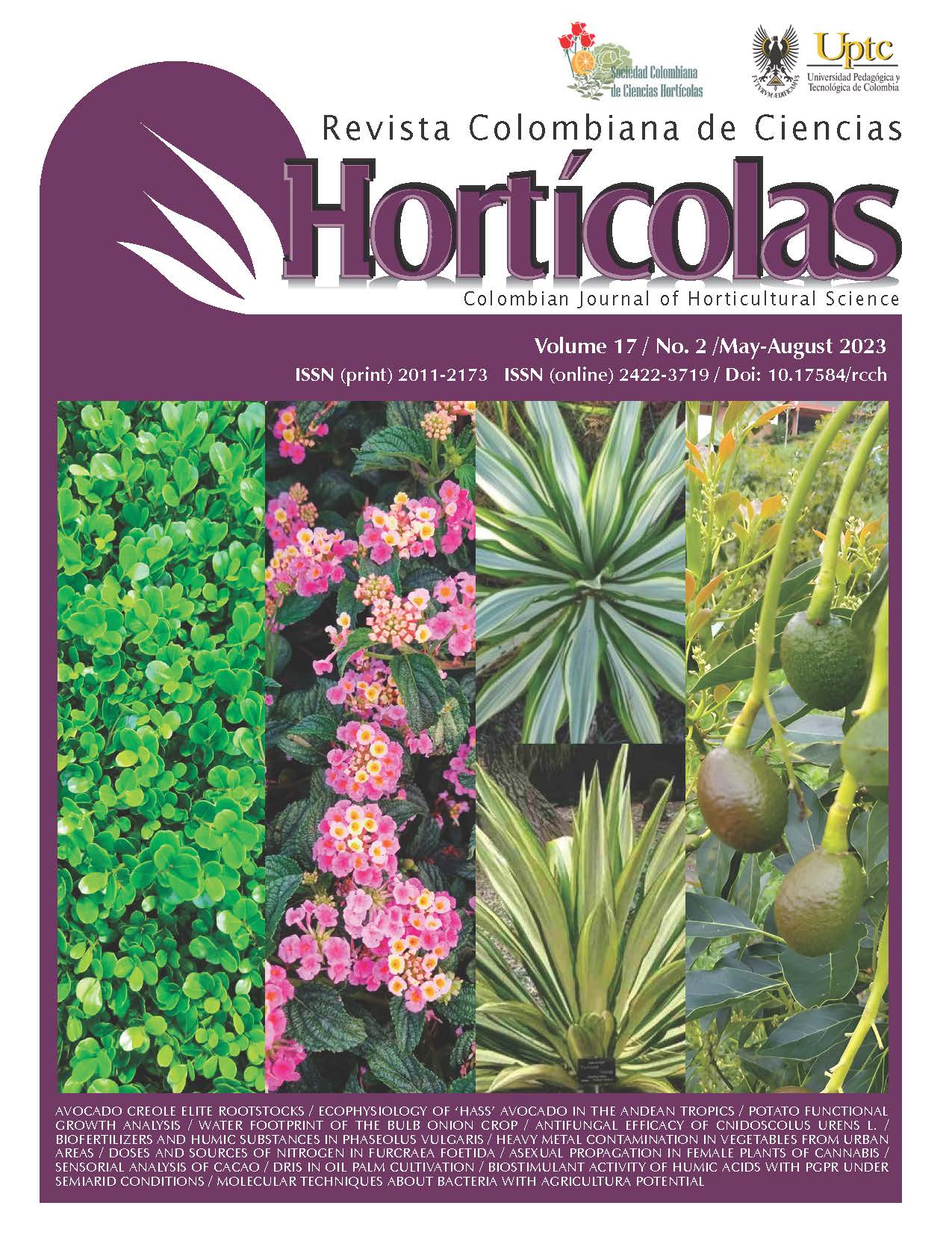Editorial Note

Abstract
In order to guarantee our survival, technology transforms food production by controlling biotic and abiotic conditions to achieve the best results. The genetics of the crops were modified, pests, diseases and weeds are controlled, the times and quantities of irrigation required are determined, microclimates are created, a whole series of agronomic practices and management are applied. In the case of soil, deterministic constantly adds nutrients for the success of crops, and it is even replaced by substrates or nutritional substances that are easy to handle and more efficient.
Although Soil Science is reinvented by studying multiple current problems and topics of interest, soil is considered the key to mitigating the climate crisis, with the first 30 cm being where almost double the carbon in the entire atmosphere is concentrated. If this plays an important role in Climate Change, another obligation of agronomic technology, different from solving problems around food, is to convert the soil into the second largest natural CO2 sink, followed by the oceans.
Therefore, this issue included different studies aimed at improving the quality and sustainability of soil. We hope to contribute with this collection of works to the knowledge of production systems and solutions to environmental problems.
Keywords
Soil, Climate Change, Horticulturae
References
- Ninguna